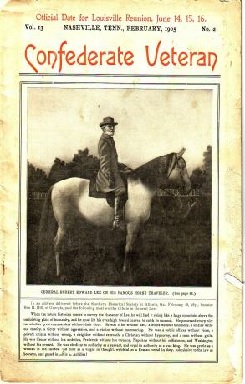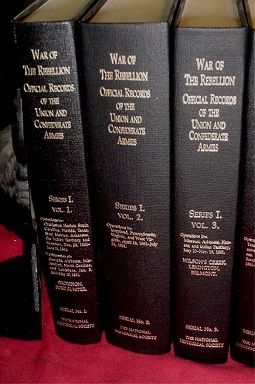The Cruise of the Alabama and the Sumter
From the Private Journals and Other Papers of Commander R. Semmes C.S.N. and Other Officers.
Raphael Semmes.
394 pgs.
"The Cruise of the Alabama and the Sumter" by Raphael Semmes chronicles the voyages of the Confederate Navy ships, the Sumter and the Alabama, under the command of Captain Semmes, detailing their missions, battles, and the broader context of the American Civil War. The narrative offers insights into Semmes's experiences, strategies, and the challenges faced by a fledgling Confederate navy operating at a time of intense conflict. The opening of the work establishes Captain Semmes's background and his appointment to command of the Sumter, amidst the backdrop of an unprepared Confederate Navy. It introduces key figures and the urgency of forming a naval presence to counter the Union’s dominance at sea. As Semmes prepares his ship for action, the text paints a vivid picture of the struggles to secure supplies, the intricacies of naval warfare, and the broader implications of the blockades imposed by the Union. This insightful beginning sets the stage for an engaging exploration of naval warfare during a pivotal moment in American history, showcasing Semmes's reflections on duty, strategy, and the political landscape.
Excerpt:
"The President of the American States in Confederation was gathering an army for the defence of Southern liberty. Where valour is a national inheritance, and an enthusiastic unanimity prevails, this will not prove a difficult task. It is otherwise with the formation of a navy. Soldiers of Southern blood had thrown up their commissions in a body; but sailors love their ships as well as their country, and appear to owe some allegiance to them likewise. Nevertheless, if Mr. Davis had not a great choice of officers, he had eminent men to serve him, as the young history of the South has abundantly shown. To obtain experienced and trusty seamen was easier to him in such a crisis than to give them a command. The Atlantic and the ports of America were ruled at that time absolutely by President Lincoln. The South had not a voice upon the sea. The merchants of New York and Boston looked upon the war as something which concerned them very little. Not a dream of any damage possibly to be inflicted on them, disturbed the serenity of their votes for the invasion of the South. Their fleets entered harbour proudly; their marine swam the ocean unmolested. Though there was war imminent, the insurance offices were content to maintain their terms upon a peace standard. What, indeed, was to be feared? The South had not a single vessel. Here and there a packet-steamer might be caught up and armed, but what would they avail against such fleet and powerful ships as the Brooklyn, the Powhattan, and dozens of others? There was, then, a condition of perfect security, according to the ideas of all American commercial men. The arrangement, as they understood it, was that they were to strike the blow, and that no one was to give them the value in return."













